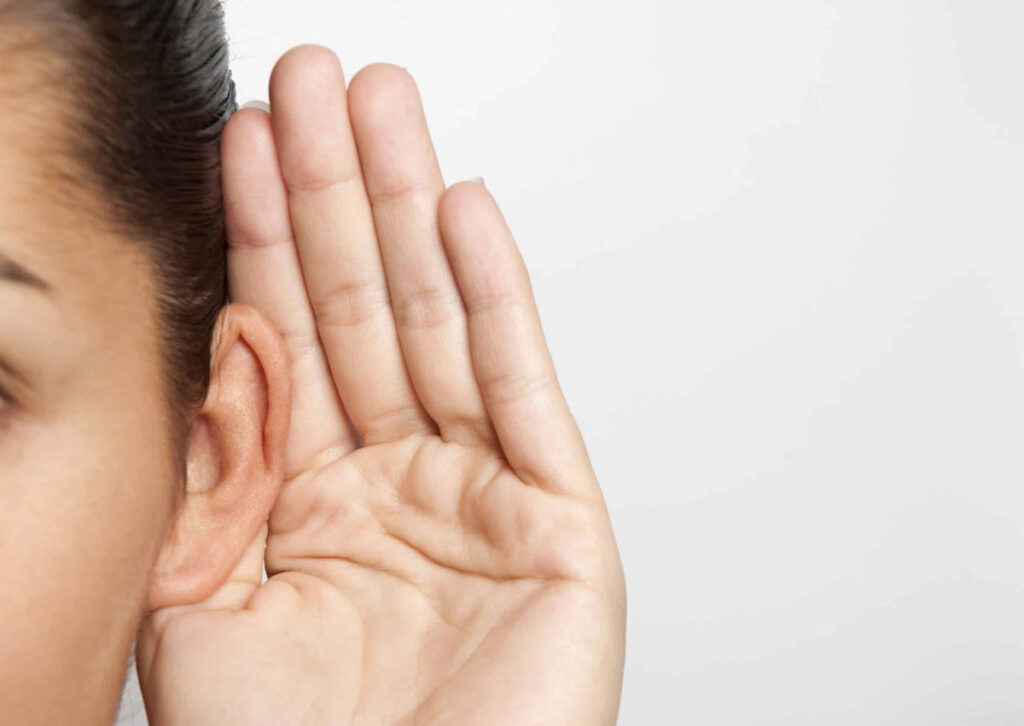Tinnitus, the perception of ringing, buzzing, or other sounds in the ears, is frequently associated with hearing loss. While not everyone with hearing loss experiences tinnitus, and not everyone with tinnitus has measurable hearing loss, the two conditions often coexist. This article explores the intricate connection between tinnitus and hearing loss, shedding light on why they often occur together and what this means for treatment strategies.

The Inner Ear and Its Role
Both hearing and tinnitus originate in the inner ear, a complex structure containing tiny hair cells. These hair cells convert sound waves into electrical signals that are sent to the brain, where they are interpreted as sound. When these hair cells are damaged, it can lead to both hearing loss and tinnitus.
For a foundational understanding of tinnitus, including its causes and symptoms, refer to our article: Tinnitus: Causes, Symptoms, and How to Find Natural Relief.
How Hearing Loss Can Lead to Tinnitus
- Auditory Deprivation: When hearing is reduced, the brain receives fewer auditory signals. This deprivation can cause the brain to become overactive in an attempt to compensate, leading to the perception of phantom sounds, or tinnitus.
- Damage to Hair Cells: Damage to the delicate hair cells in the inner ear is a common cause of both hearing loss and tinnitus. This damage can be caused by various factors, including exposure to loud noise, aging (presbycusis), certain medications (ototoxic drugs), and underlying medical conditions.
Types of Hearing Loss Associated with Tinnitus
Tinnitus can occur with various types of hearing loss, including:
- Sensorineural Hearing Loss: This is the most common type of hearing loss and results from damage to the inner ear or the auditory nerve. It’s often associated with tinnitus.
- Conductive Hearing Loss: This type of hearing loss occurs when sound waves are unable to travel properly from the outer or middle ear to the inner ear. While less commonly associated with tinnitus than sensorineural hearing loss, it can still occur.
To explore natural approaches to managing tinnitus, including dietary considerations and supplements, see our articles: Natural Relief for Tinnitus: Exploring Alternative Approaches and Diet and Tinnitus: Foods to Avoid and Nutrients to Include.
What This Means for Treatment
Because tinnitus and hearing loss are often linked, treatment strategies may address both conditions simultaneously.
- Hearing Aids: For individuals with both hearing loss and tinnitus, hearing aids can amplify external sounds, making the tinnitus less noticeable. They can also stimulate the auditory pathways, which may help reduce tinnitus perception over time.
- Combination Devices: Some devices combine hearing aids with tinnitus maskers, which generate soothing sounds to help mask the tinnitus.
- Counseling and Therapy: Counseling and therapy, such as Tinnitus Retraining Therapy (TRT) or Cognitive Behavioral Therapy (CBT), can help individuals cope with the emotional distress associated with both tinnitus and hearing loss.

For information on how Claritox compares to other tinnitus treatments, see our article: Claritox vs Other Treatments: Which is the Best Option for You?.
Conclusion
The connection between tinnitus and hearing loss is complex but significant. Understanding this relationship is crucial for effective diagnosis and treatment. If you experience both tinnitus and hearing difficulties, it’s essential to consult with an audiologist or ENT specialist for a comprehensive evaluation and personalized management plan.





